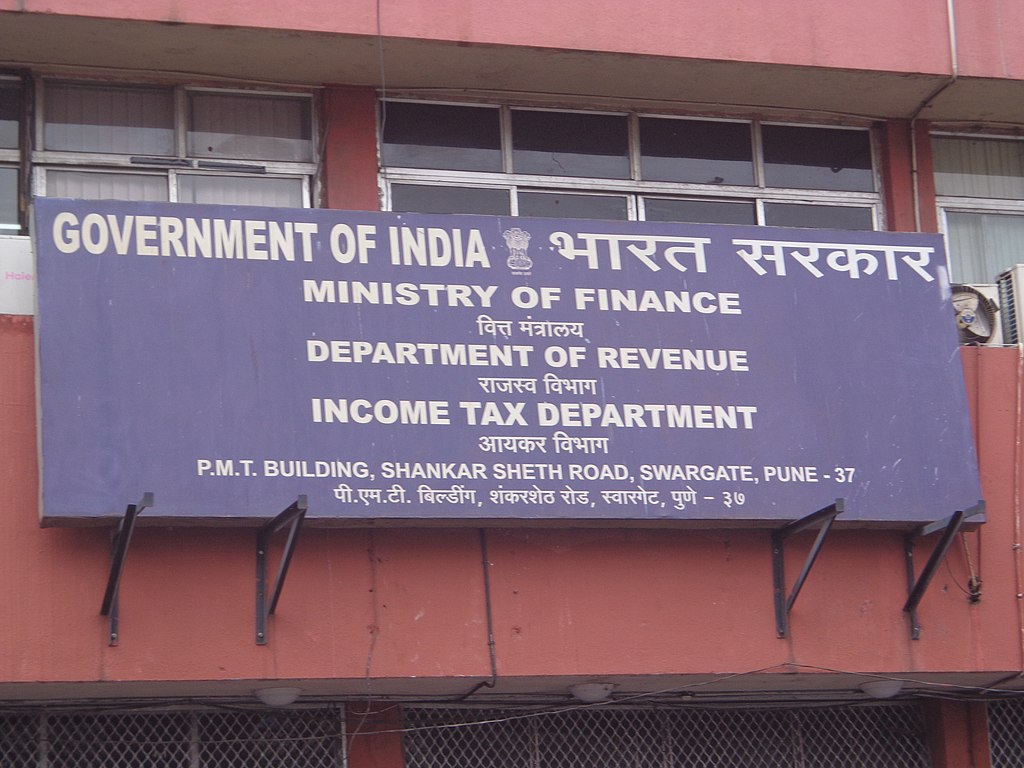If you have not filed your India tax return for the financial year 2018-19, you still can file it without payment of any penal fees as the Indian Government extended the filing due date to August 31, 2019.
Who needs to file
If you are a non-resident of India (NRI), then you are liable to tax in India on your India sourced income or income you receive in India. You have the tax filing obligation, where your income exceeds the taxable threshold of Rs. 250,000. However, you have an option not to file the tax return, where you only have “investment income” and/or long term capital gains from the foreign exchange assets in India as prescribed for NRIs and the due taxes on the same have been withheld at source.
There may be situations where even though not obligatory, you may still file the return. For example, to claim the refund of excess taxes deducted or where you have any loss to carry forward (other than loss from house property).
If you miss the filing deadline, you can still file the tax return after payment of penal fee of Rs. 1000/ Rs. 5000 /Rs. 10,000, depending on your income level and when you file the return during the year but before March 31, 2020. In case you miss that deadline as well, then you will lose the opportunity to file your return for the year 2018-19.
Are there any changes this year?
This year there are several additional details which are being sought in the return form. For example, where you are a citizen of India or a person of Indian origin, you need to provide additional details such as the number of days you stayed in India during 2018-19 and also during the past 4 years. You also need to confirm your overseas residency and provide details of the jurisdiction and tax payer identification number.
Further, in case you are a director in any company (including a foreign company), you also need to provide details of such companies.
If you are holding any unlisted shares, you would also need to give comprehensive details such as opening balance, shares bought and sold during the year and the closing balance. What are these unlisted shares? Whether these would be the shares which are not listed on Indian exchanges or also include the shares not listed on overseas exchanges. There is no formal clarification or guidance available in this regard. One will need to take a position on disclosure. One view could be to consider disclosing only those shares which are not listed on any of the exchanges including overseas exchanges and the other to disclose all shares not listed on Indian exchanges.
Ensure accurate details
You need to provide accurate details in the return form. With the elevated use of technology and the sharing of information among tax jurisdictions, the Indian tax authorities can validate and cross check the accuracy of the details. In case of discrepancy, you may need to explain. Even in India, where there is information available at more than one place, authorities now have the ability to cross check and validate the same with the details you provided in the return form. It may not necessarily be restricted to financial details. For example, the number of days of your stay in India which you provided in return forms can be validated with the immigration records.
TRC – a requirement
You are availing any tax treaty benefit in India, for example, taxation of interest income at a concession rate as per the tax treaty etc., do not forget to obtain the tax residency certificate (TRC) from the tax jurisdiction where you claim to be resident. Details of such TRC are required to be provided in the return form. Since obtaining TRC may also involve cost and efforts, sometimes it may be worthwhile even to explore whether availing treaty benefit is indeed beneficial? Continuing with the above example, where you are in a tax jurisdiction where your interest income from India is also taxable and at a rate lower than the Indian tax rate, then availing treaty concessional rate in India will be beneficial.
House keeping
Make a habit of preserving the records of your financial transactions viz. investments, expenditure etc. and their sources. That will help you to respond quickly to any queries from authorities. This is particularly relevant for those who at some point of time intend to settle down in India as such individuals will be required to disclose their overseas income and assets when they become an ordinary resident of India.
Tweet us on @connected2india or email us on info@connectedtoindia.com for your specific queries and subjects you would like us to write on.
Note: Connected to India articles on NRI personal finance are intended to help Non-Resident Indians (NRIs) understand the increasingly complex world of financial investments. It is not a solicitation, recommendation, endorsement, of any third party service provider to buy or sell any securities or other financial instruments in this or in any other jurisdiction in which such solicitation or offer would be unlawful under the securities laws of such jurisdiction.



